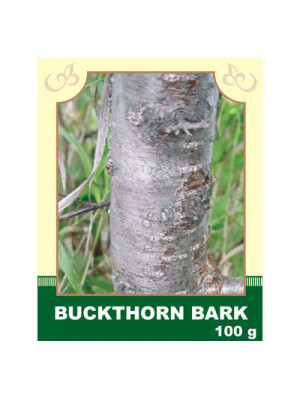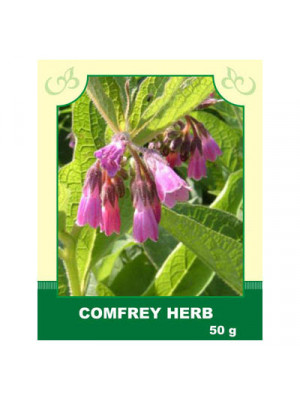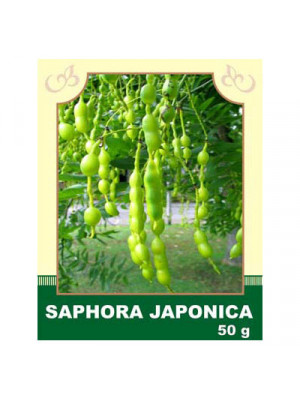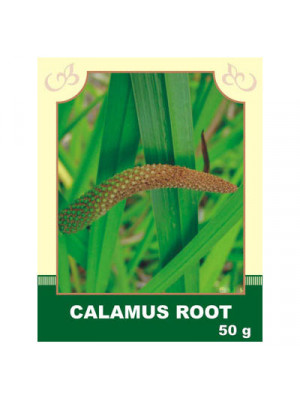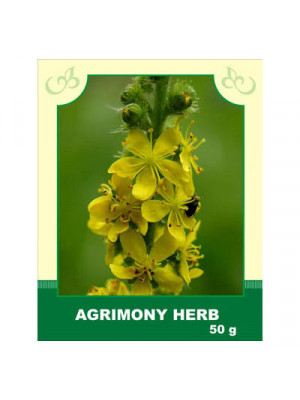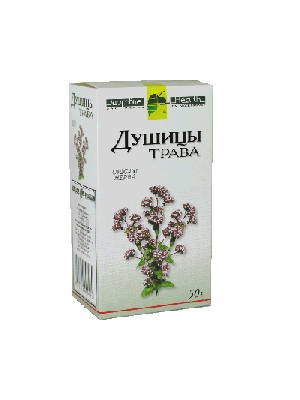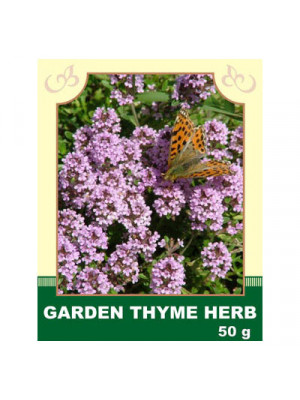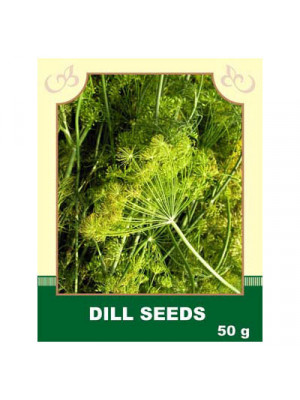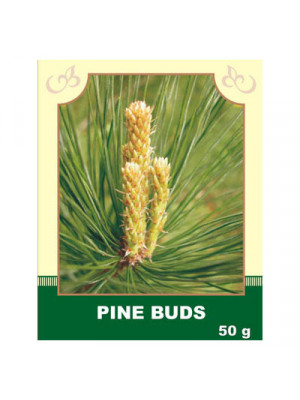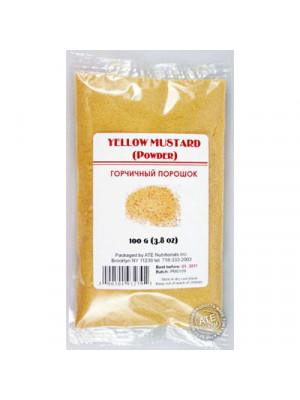Herbs
Internally, it is used for habitual constipation, spastic colitis, hemorrhoids, and anal fissures, especially during pregnancy.
Method of application and dosage: Pour 2 tablespoons of raw material into 200 ml of boiling water, heat on a water bath for 30 minutes, infuse for 10 minutes at room temperature, strain, squeezing the vegetable raw material. Bring the resulting infusion to the original volume. Take 1/2 cup orally at night.
Externally, a strong decoction of the cherry bark is used in the treatment of scabies, especially in children.
Contraindications: individual intolerance, in case of severe kidney dysfunction, and inflammatory processes in the intestines. Prolonged use may lead to habituation.
$6.99Internal use:
Take internally the infusion of the roots for gastrointestinal diseases: diarrhea, dysentery, chronic catarrh of the intestines, stomach and intestinal ulcers, chronic catarrh of the respiratory organs with abundant sputum, hemoptysis, bleeding, paralysis, various skin diseases, ulcers, and wounds with simultaneous external application. The infusion and decoction of the roots have the remarkable property of enhancing the regeneration of various tissues, dulling pain, and promoting faster bone healing in fractures.
Method of application and dosage: Pour 1 tablespoon of marsh cinquefoil with 1 glass of boiling water, infuse in a warm place for 4-6 hours, strain through a dense fabric. Take 2 tablespoons 6 times a day before meals. Tincture: Pour 1 tablespoon of finely chopped roots with 100 ml of vodka and infuse for 10 days. Take 15-20 drops 3 times a day. Externally, the infusion of the roots is used for baths, washing, and compresses for fractures, dislocations, bruises, joint pain, jaundice, various skin diseases, and especially for the treatment of old, poorly healing wounds and ulcers. The alcohol tincture of the roots is used for anti-inflammatory and analgesic compresses.
Contraindications: Individual intolerance, during pregnancy and lactation. It is a poisonous plant, requires caution and strict dosage in consumption.
$6.99Internally, it reduces blood pressure, cleanses blood vessels from cholesterol plaques, restores vessel elasticity, regulates the metabolism of many body systems, and promotes immune system strengthening.
Methods of application and dosage: To prepare an infusion, grind 20 g of dried flowers into powder, then pour them with 250 ml of boiling water and let it infuse for about two hours. Strain the infusion and take 1-2 tablespoons three times a day after meals.
Externally, for treating carbuncles and furunculosis, eczema, fungal diseases, pityriasis versicolor, minor and moderate wounds, frostbite, and burns of the 1st, 2nd, and 3rd degrees, and for preventing hair loss, boil 20 grams of the plant's fruits in 200 ml of water over low heat for 15 minutes. Cool the decoction, strain it, and then rub it thoroughly into the hair roots. After 5 minutes, rinse the hair well.
Contraindications: Pregnant and lactating women, children, and individuals with individual intolerance to the preparation. Also, activities requiring concentration.
$6.99Internally, it is taken as a binding agent for stomach disorders, inflammation of the intestines, heartburn, and lack of appetite; for neurasthenia, convulsions, osteitis, bronchitis, pleurisy, diseases of the biliary tract, and in gynecology - for libido weakness, regulating the menstrual cycle, and enhancing sexual activity.
Method of application and dosage: 1 tablespoon is poured with 200 ml of boiling water, covered with a lid, and heated in a water bath for 15 minutes. Cooled for 45 minutes at room temperature, strained. The volume of the resulting infusion is brought to the original volume with boiled water. Take 1/4 cup 3-4 times a day 30 minutes before meals.
External use: applied for baldness and hair loss; for rinsing the oral cavity with stomatitis.
Contraindications: individual intolerance, during pregnancy, and with increased secretion (acidity) of the stomach.
$6.99Internally, it is taken for gastrointestinal diseases, hemorrhoids, gallbladder issues, bleeding, rheumatism, herpes, inflammation of the laryngeal mucosa, as well as for furunculosis, poorly healing wounds, migraines, nocturnal enuresis, atony of the bladder, and urolithiasis. Infusion with honey is one of the best remedies for liver and spleen diseases.
Method of application and dosage: Steep 2 tablespoons of raw material in 400 ml boiling water, infuse for 2 hours, strain, and take 1/2 cup 4 times a day before meals.
Externally, the infusion is used for rinsing the oral cavity in various inflammatory processes (tonsillitis, laryngitis, pharyngitis), for nasal congestion, and for washing wounds and ulcers, as well as for abrasions and bruises. Steep 5 tablespoons of raw material in 400 ml boiling water, infuse for 15-20 minutes, strain, squeezing the remaining raw material.
Contraindications: Individual intolerance. Use with caution for children and elderly people.
$6.99Internally, it is taken as an expectorant and diaphoretic for upper respiratory tract diseases, flu, and asthma. Also used as an anti-inflammatory, antimicrobial, and analgesic for rheumatism, paralysis, epilepsy; for atony of the intestines, to stimulate appetite and improve digestion; in gynecology - for uterine bleeding and women's diseases; as a sedative for fainting and mental illnesses.
Method of application and dosage: 2 tablespoons of raw material are poured with 200 ml of boiling water, infused for 45 minutes, strained. The obtained infusion is brought to the original volume. Taken orally in 1/2 cup 2 times a day, 15 minutes before meals.
Externally, used as compresses for insomnia and headaches, and for washing the head with hair loss. 10 g of raw material is poured with 200 ml of boiling water, infused for 1 hour; for douching, 20-30 g of raw material is poured with 2-3 liters of boiling water, infused until cooled. Used in warm (!) form; for baths, 50 g of raw material is poured with 10 liters of boiling water, infused until completely cooled.
Contraindications: individual intolerance, pregnancy, and for people with increased stomach secretion.
$6.99
Description. It has been used through the centuries for many ailments, from epilepsy to melancholy. Nowadays, it is prescribed by herbalists for intestinal worms, gastrointestinal ailments, bronchial problems, laryngitis, diarrhea, and lack of appetite. It has antiseptic properties, and can be used as a mouthwash, skin cleanser, anti-fungal agent for athlete's foot and as an anti-parasitic for lice, scabies, and crabs. Garden Thyme herb tincture is a popular way of dropping bad habits and alcoholism is one of the. Garden Thyme arouses steady feeling of nausea and aversion towards alcohol. Use. Before the advent of modern antibiotics, it was used to medicate bandages. It has also been shown to be effective against the fungus that commonly infects toenails. A tea made by infusing the herb in water can be used for cough and bronchitis. Medicinally thyme is used for respiratory infections in the form of a tincture, tisane, salve, syrup or by steam inhalation. Because it is antiseptic, thyme boiled in water and cooled is very effective against inflammation of the throat when gargled 3 times a day. The inflammation will normally disappear in 2 - 5 days. Thyme is a good source of iron and is used widely in cooking.
Attention! Before using any herbal products, make sure that you have full knowledge of how the herb works and any adverse reaction it may cause.$6.99Internally: Taken for indigestion, insomnia, and spasms, angina, headaches, hypertension, vomiting, belching, hemorrhoids, and to stimulate appetite, for colic; for stimulating milk secretion in breastfeeding women. An infusion of dill seeds is used for liver and biliary tract diseases.
Method of application and doses: Infusion: 1 tablespoon is poured with 1 glass of boiling water, infused for 15 minutes, strained. Take 1 tablespoon up to 6 times a day 15 minutes before meals in a cold form.
Externally: Used in the form of compresses for eye diseases, for pustular skin lesions.
Contraindications: Individual intolerance.
$5.99Internally: Taken as a remedy for cough in diseases of the upper respiratory tract, as an expectorant and disinfectant in chronic bronchitis, chronic tonsillitis, and acute respiratory diseases. Also possess diuretic and cholagogue properties.
Method of application and doses: 1 tablespoon of kidney pours 200 ml of boiling water, boils in a water bath for 30 minutes, infuses at room temperature for 10 minutes, strains, the resulting infusion is brought to the original volume with boiled water and taken in 1/2-1/3 glass 2-3 times a day after meals.
Externally: Applied in the form of baths in the treatment of the nervous and cardiovascular systems, rickets in children; as inhalations for diseases of the upper respiratory tract. For baths: 500 g per 5 liters of water boil for 30 minutes, strain, add the obtained decoction to the main bath.
Contraindications: Individual intolerance, in nephritis and nephrosis.
$7.99Internally, it is taken as a warming, anti-inflammatory, toning, antibacterial, and expectorant remedy. It lowers cholesterol levels in the blood, improves appetite, and accelerates metabolism. It promotes the expectoration of mucus during colds.
Externally, it is used as hot mustard foot baths — a popular and safe method of home treatment for colds.
Contraindications: Before using mustard for therapeutic purposes, it is necessary to consult with a doctor.
$5.99


